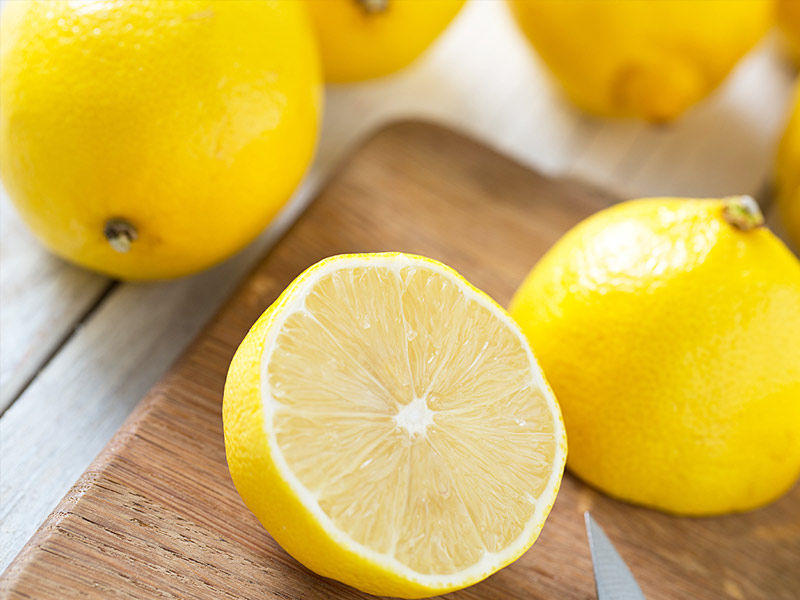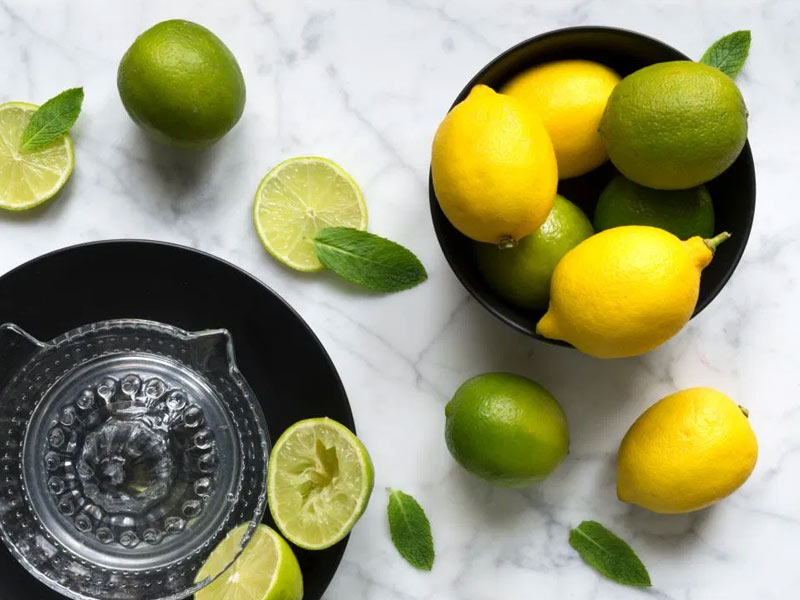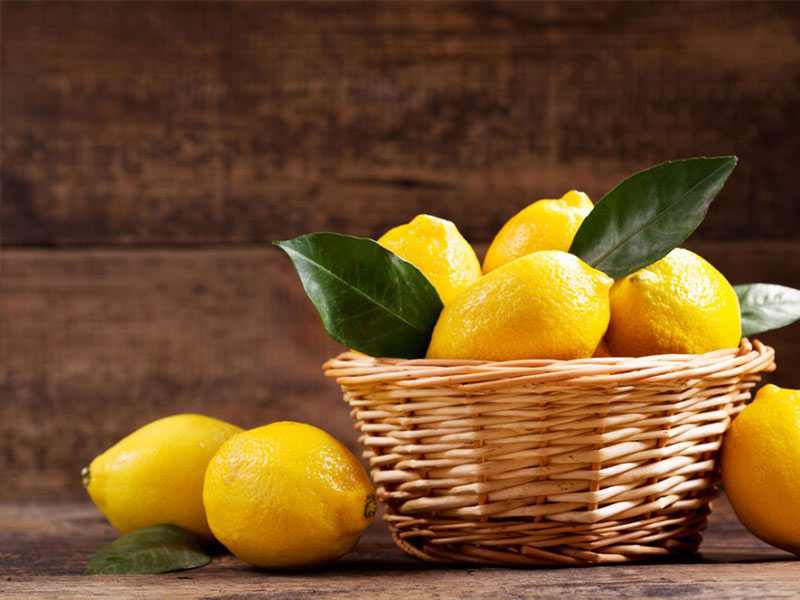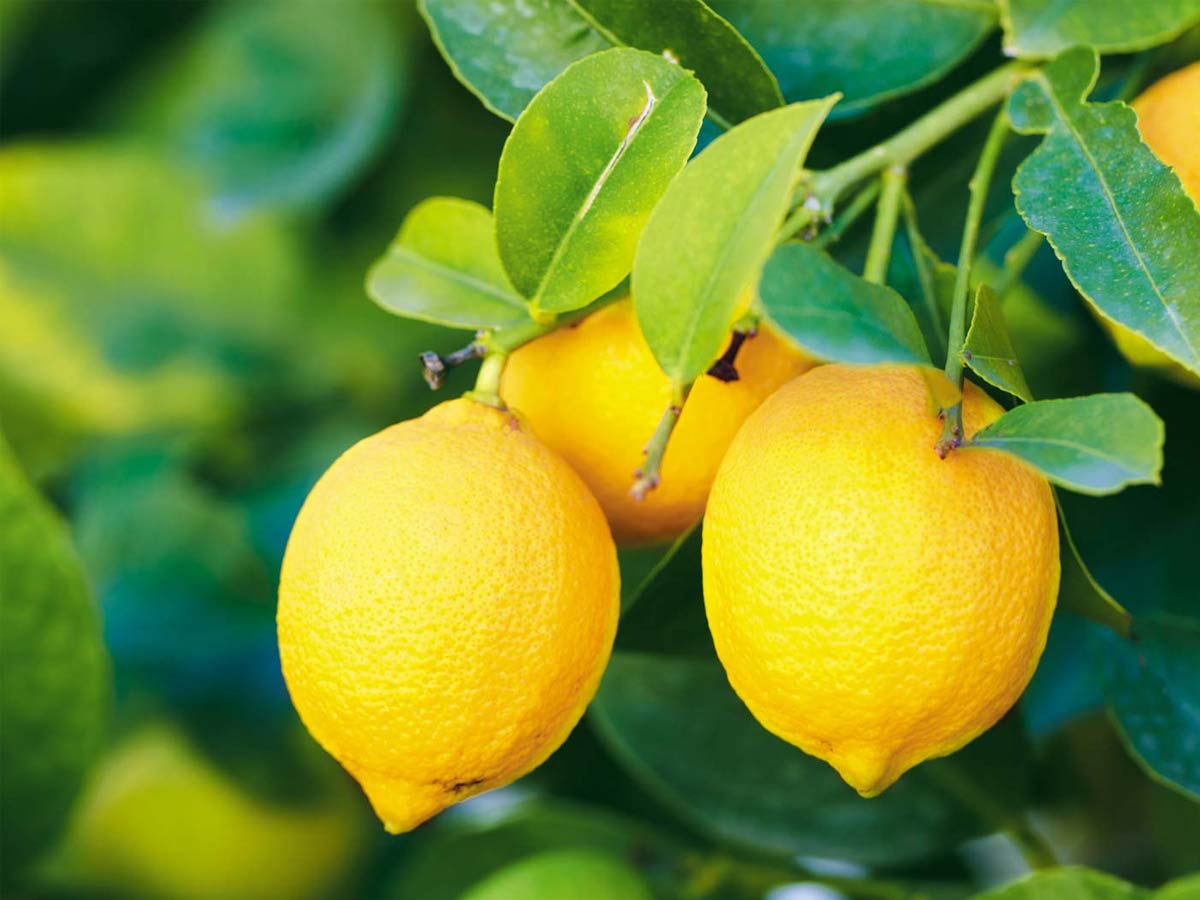Lemons (Citrus limon) are one of the most popular citrus fruits in the world. Lemons may be eaten in various ways, but they are quite sour and should not be eaten alone or as a whole fruit. Instead, they are frequently used as a garnish with meals, and their juice is frequently utilized to provide a sour flavor.
The benefits of Lemon
Lemons are high in vitamin C and fiber and include various plant components, minerals, and essential oils. These yellow fruits may potentially offer several health benefits. Lemons may help reduce your chances of heart disease, cancer, and kidney stones. Lemons are high in Vitamin C, but they are also high in copper, potassium, magnesium, zinc, flavonoids, antioxidants, and phosphorus. Including lemon in your diet might assist with digestion and gastrointestinal issues such as constipation. It has been shown to cleanse the digestive tract as well as have blood purifying effects.

Keep on reading this blog to get a better understanding of the benefits of lemon.
Also Read, Eucalyptus Oil – Health Benefits in Every Drop…
Weight Control
Dieticians often urge us to drink lemon water or add lemon slices to warm water/green tea for proper weight control. There are a few hypotheses as to why lemons are frequently recommended as a weight-loss food. According to one hypothesis, the soluble pectin fiber in them swells in your stomach, making you feel fuller for longer. However, few individuals consume entire lemons.
Lemon juice drinks will not induce fullness in the same manner since lemon juice does not include pectin. Another idea claims that drinking hot water with lemon might aid in weight loss. However, drinking water has been shown to temporarily boost the number of calories burned, so it’s possible that the water, not the lemon, is aiding weight loss.
Other ideas claim that the plant components in lemons might help people lose weight. Plant components included in lemon extracts have been shown in studies to help prevent or decrease weight gain in various ways. Mice on a fattening diet were given lemon polyphenols isolated from the peel in one research. They did not grow as much weight or body fat as other mice. So, if you ever wonder- what are the benefits of lemon in water, remember these theories and researches or just try lemon water for yourself and see the results in your weight loss journey.
Heart Health
Lemons are an excellent source of vitamin C. One lemon has around 31 mg of vitamin C, 51% of the RDA (RDI). According to research, consuming vitamin C-rich fruits and vegetables lowers your risk of heart disease and stroke. However, it is not just vitamin C that is considered to be beneficial to your heart. Lemons’ fiber and plant components may also help to reduce some risk factors for heart disease.
One research, for example, discovered that consuming 24 grams of citrus fiber extract daily for a month decreased overall blood cholesterol levels. Plant chemicals present in lemons, specifically hesperidin and diosmin, have been shown to reduce cholesterol.

Improves Digestion
Lemon has a lot of nutritional fiber in it. Constipation and several other gastrointestinal problems and pain can be helped by fiber, especially soluble fiber. Lemons contain around 10% carbohydrates, primarily in the form of soluble fiber and simple sugars. Lemons are high in pectin, a kind of soluble fiber linked to a variety of health advantages.
Soluble fiber can help to enhance gut health and delay sugar and carbohydrate breakdown. Blood sugar levels may be decreased as a result of these effects. To receive the fiber benefits from lemons, though, you must consume the pulp. Without the fiber in the pulp, those who drink lemon juice will miss out on the fiber’s advantages.
Aids Anaemia Patients/Iron Deficiency
While lemon does not have significant iron content, it can assist your body in absorbing more iron from plant-based foods in your diet. Maintaining adequate iron levels aids in the prevention of anemia, which is characterized by a lower-than-normal number of red blood cells, which is frequently caused by iron deficiency. Iron deficiency is the most common cause of anemia. It happens when you don’t receive enough iron from your diet.
Lemons contain some iron, but their main function is to improve iron absorption from plant meals, which helps avoid anemia. Iron from meat, chicken, and fish (known as heme iron) is easily absorbed by your stomach, but iron from plants (non-heme iron) is not. Vitamin C and citric acid, on the other hand, can help with absorption. Lemons containing both vitamin C and citric acid may help prevent anemia by ensuring that you get the most iron from your diet.

Prevents Kidney Stones
Kidney stones are tiny lumps that develop in your kidneys when waste products crystallize and pile up. They’re fairly prevalent, and those who get them frequently do so. Citric acid may help prevent kidney stones by raising urine volume and pH, making the environment less conducive to kidney stones.
In those who have already had stones, a half-cup (4 ounces or 125 ml) of lemon juice per day may be adequate to help prevent stone development. Lemonade has also been shown to be beneficial in preventing kidney stones in several trials. Still, more research is needed to determine if the so-called benefits of lemon are credible or not.
Also Read, Giloy – A Miracle Herb you Never Heard
Boosting Immunity
Vitamin C and other antioxidant-rich foods may help to improve the immune system’s defenses against viruses that cause the common cold and flu. Vitamin C may also assist those who are doing a lot of physical exercises to increase their immunity. A drink made by squeezing a lemon into a glass of hot water along with a large spoonful of honey is ideal for a cough or cold.
How to add Lemon to your diet?
1 teaspoon lemon juice and 1 teaspoon olive oil Dress salads with this, or serve it over boiling lentils, sprouts, or steamed veggies. – Lemon zest can be used to improve the flavor of sweets. – Make ice cubes out of lemon juice and add them to your favorite drinks. – To your green tea, add half a teaspoon of lemon juice. – Lemon juice may be used to boost the nutritional content and flavor of grilled chicken, paneer, and kebabs. – A glass of fresh and cold Nimbu Paani or a liberal splash of lemon juice atop chopped onions and tomatoes will always remain the traditional method.

























